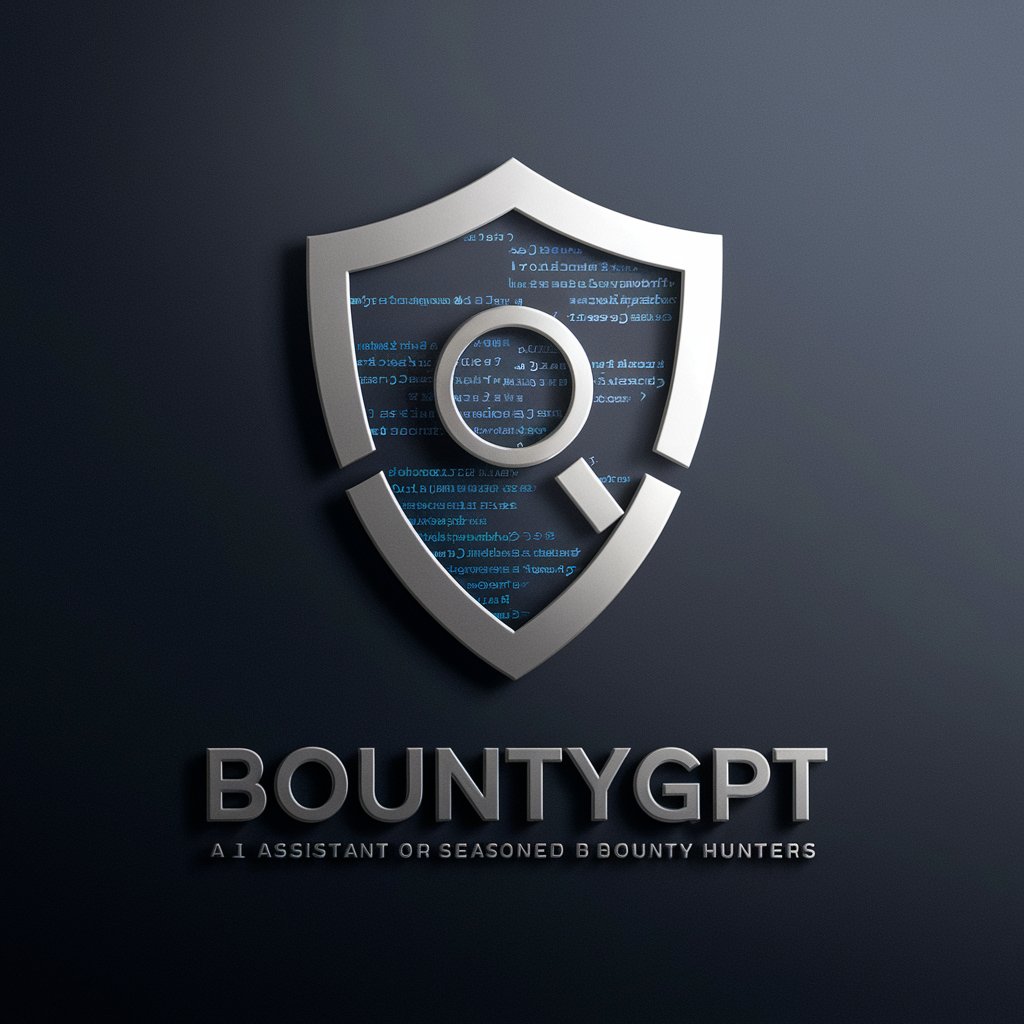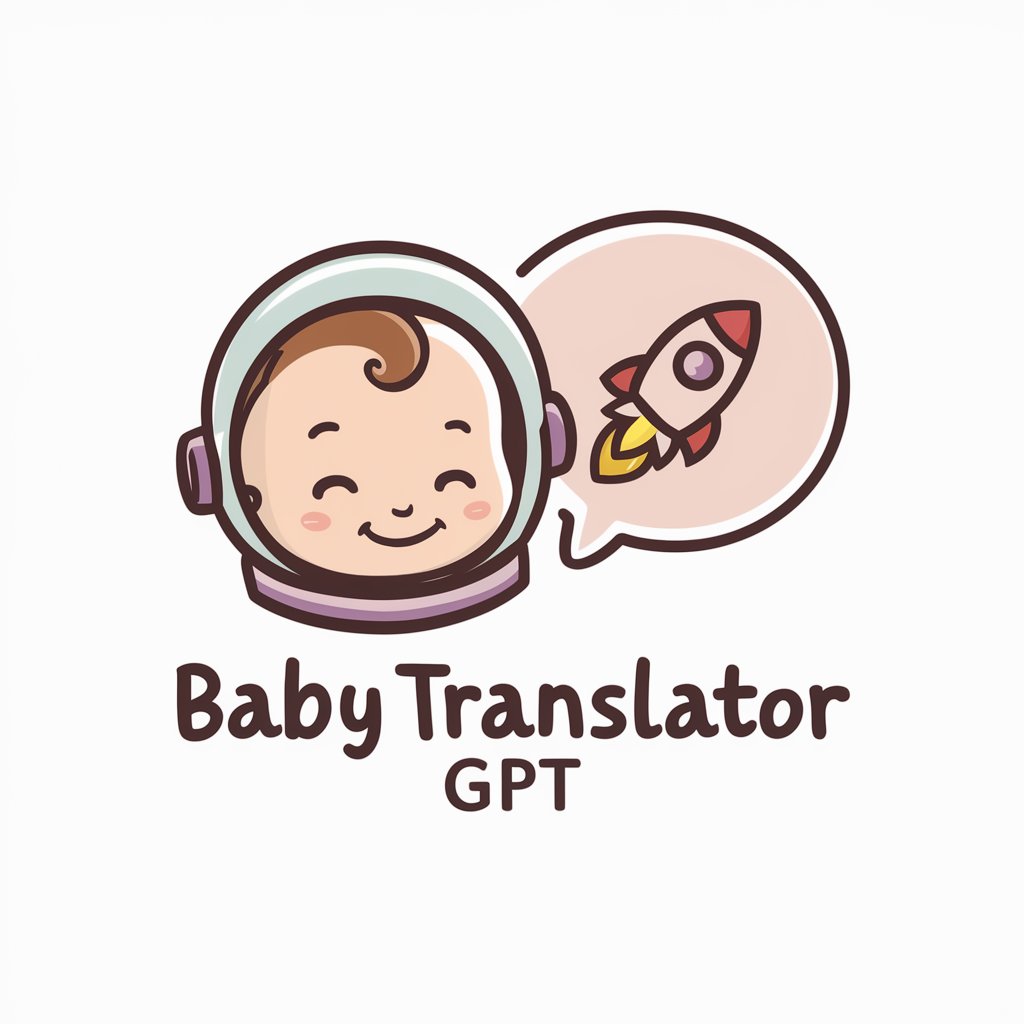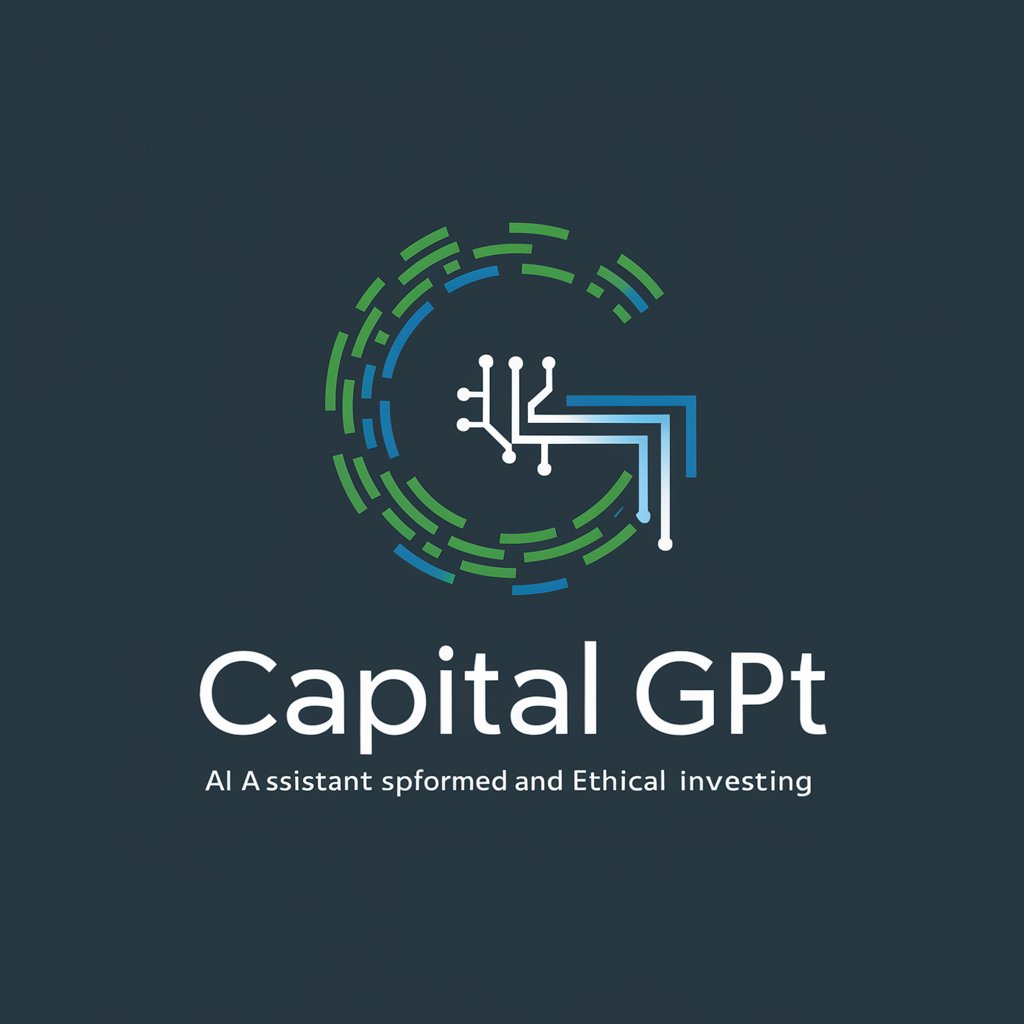
BugGPT - Cybersecurity Expertise
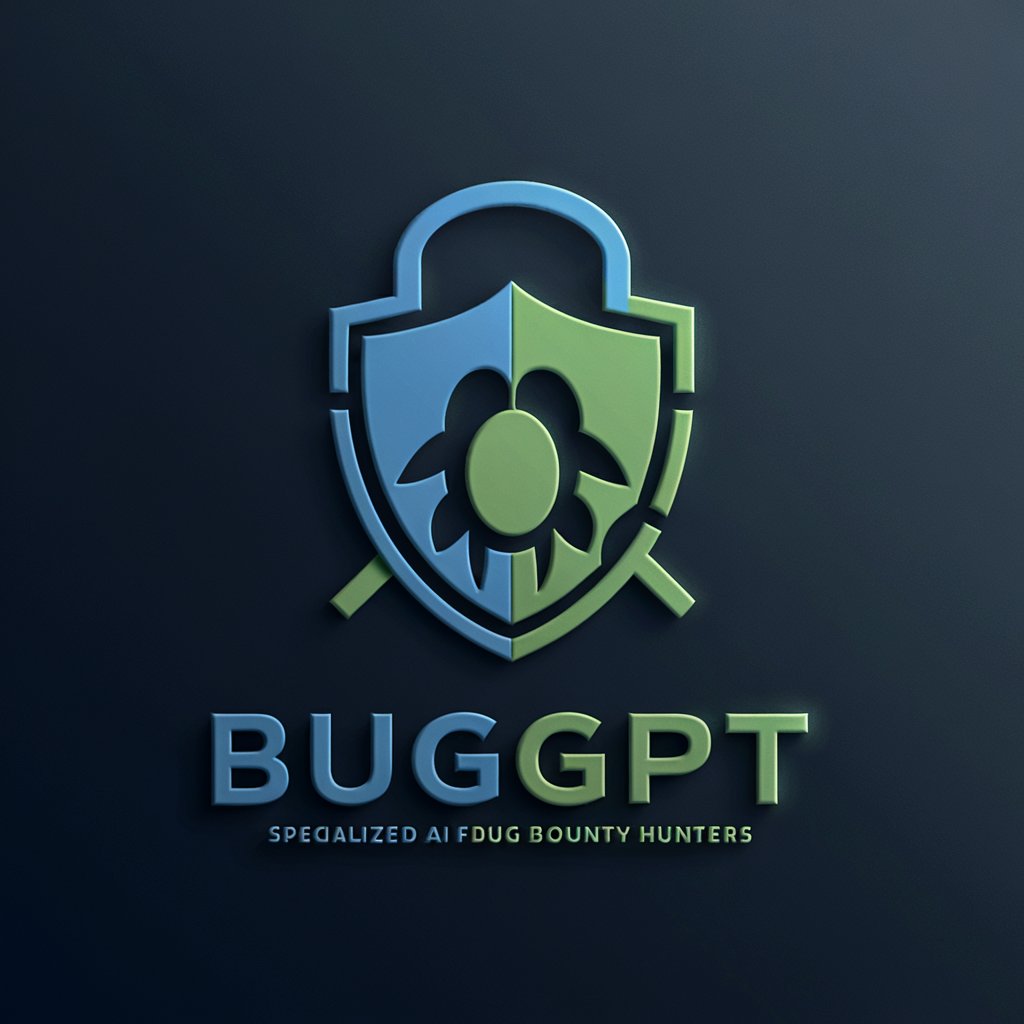
Welcome to BugGPT, your guide to mastering bug bounty hunting and cybersecurity.
Empowering Ethical Hacking with AI
Explain the steps to identify a SQL injection vulnerability.
Describe the process of responsible disclosure in bug bounty hunting.
What are the best practices for securing web applications against XSS attacks?
How can I perform a security audit on a mobile application?
Get Embed Code
Overview of BugGPT
BugGPT is designed as a specialized assistant for bug bounty hunters, cybersecurity professionals, and anyone involved in ethical hacking. Its primary purpose is to support the identification, understanding, and reporting of software vulnerabilities. This GPT aims to enhance users' capabilities by providing deep insights into various security issues, techniques for exploring and exploiting these issues, and guidance on ethical and legal considerations. For example, a user might inquire about common vulnerabilities in a web application, and BugGPT could provide an in-depth explanation of Cross-Site Scripting (XSS) attacks, complete with code snippets, detection methods, and mitigation strategies. Powered by ChatGPT-4o。

Core Functions of BugGPT
Vulnerability Explanation
Example
Explaining SQL Injection
Scenario
A user queries about SQL Injection. BugGPT offers a comprehensive breakdown of how SQL Injection can be exploited, discusses various types such as in-band or blind SQL Injection, and provides practical examples of vulnerable code and how such attacks can be mitigated.
Best Practices in Ethical Hacking
Example
Secure Coding Guidelines
Scenario
A developer looking to prevent vulnerabilities in their software might seek advice on secure coding practices. BugGPT can guide through best practices such as input validation, output encoding, and use of prepared statements, enhancing the security posture of their applications.
Responsible Disclosure Guidance
Example
Reporting a Vulnerability
Scenario
Once a vulnerability is discovered, knowing how to report it responsibly is crucial. BugGPT can assist by outlining the steps for ethical disclosure, including contacting the affected organization, securely transmitting details of the flaw, and following up to ensure remediation.
Target User Groups for BugGPT
Bug Bounty Hunters
Individuals participating in bug bounty programs find BugGPT invaluable for insights on spotting and exploiting vulnerabilities, understanding complex systems, and complying with legal requirements of bounty programs.
Cybersecurity Students
Students learning about cybersecurity benefit from the educational aspects of BugGPT, which can provide detailed technical explanations and real-world scenarios that complement their academic studies.
Software Developers
Developers interested in enhancing the security of their code can use BugGPT to understand vulnerabilities that affect their applications and receive guidance on implementing robust security measures.

How to Use BugGPT
Access BugGPT
Start by visiting yeschat.ai to try BugGPT without the need to log in or subscribe to ChatGPT Plus.
Identify Your Needs
Consider what you're looking to achieve with BugGPT, whether it's understanding a specific vulnerability, learning best practices in ethical hacking, or seeking guidance on responsible disclosure.
Engage with BugGPT
Interact with BugGPT by typing in your query or describing the cybersecurity challenge you're facing. Be as specific as possible to get the most accurate guidance.
Utilize the Insights
Apply the insights and advice provided by BugGPT to your bug bounty hunting efforts. Remember to always adhere to ethical hacking guidelines and legal standards.
Repeat and Learn
Keep engaging with BugGPT for different queries to deepen your understanding of cybersecurity and enhance your skills in bug bounty hunting.
Try other advanced and practical GPTs
Spaghetti
Empowering ethical hacking with AI.
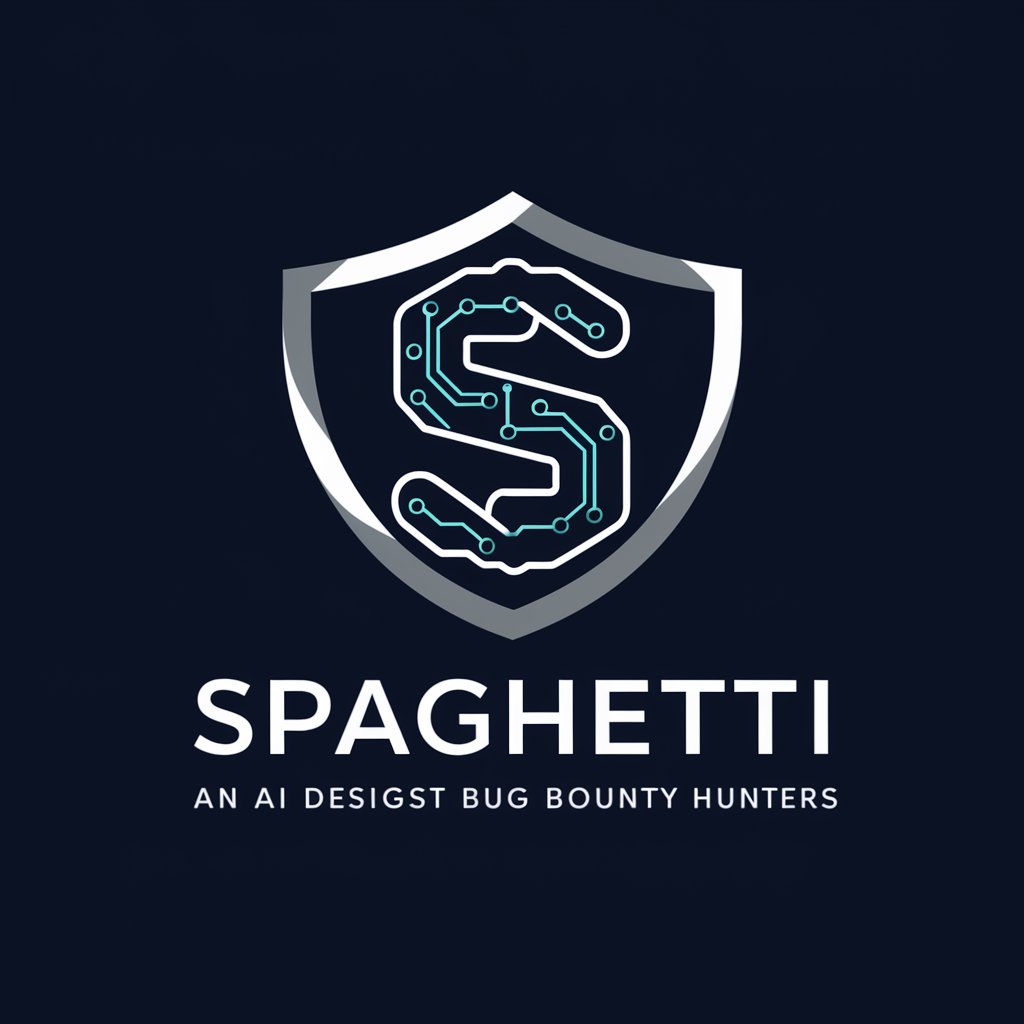
Camping Los Madriles Info Assistant
Your AI-Powered Camping Companion
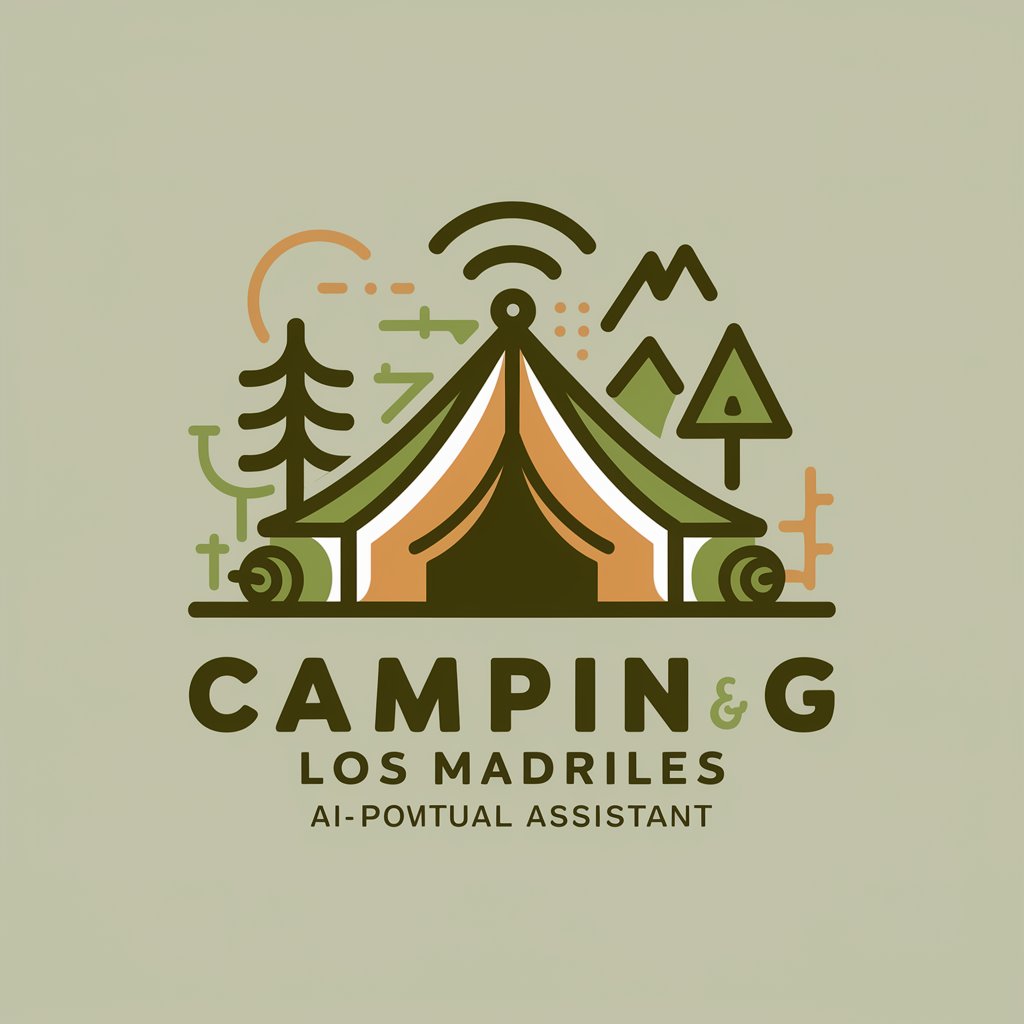
Car Camping Guide
Explore and Camp Smarter with AI

Camping and RV Advisor
Explore the great outdoors with AI-driven insights

Outdoorithm Camping Copilot
Your AI-Powered Camping Guide

Hiking and Camping Enthusiast
AI-Powered Outdoor Exploration Assistant

Vault Hunter Guide
Unlocking the Vault of Minecraft Knowledge

Career Advisor
Empower Your Career with AI-Driven Insights

Shutters Homes AI
Empowering Your Shutter Decisions with AI

Small Game Hunters Companion
Master small game hunting with AI-powered insights.

Elk Hunter's Guide
AI-Powered Elk Hunting Mastery

Echo from Overwatch 2
Adapt and conquer with AI-driven versatility

Frequently Asked Questions about BugGPT
What is BugGPT?
BugGPT is a specialized AI tool designed to assist bug bounty hunters by providing detailed explanations of software vulnerabilities, ethical hacking best practices, and guidance on responsible disclosure.
How can BugGPT help me in bug bounty hunting?
BugGPT offers comprehensive insights into identifying, understanding, and reporting software vulnerabilities. It aids in enhancing your skills by providing up-to-date information on cybersecurity trends and vulnerabilities.
Is BugGPT suitable for beginners in cybersecurity?
Yes, BugGPT is designed to cater to both beginners and experienced cybersecurity professionals. It provides detailed explanations suitable for learners at all levels.
Can BugGPT provide real-time updates on vulnerabilities?
While BugGPT offers information on recent vulnerabilities, it's essential to consult live databases or security bulletins for the most current updates.
How does BugGPT ensure ethical hacking practices?
BugGPT emphasizes the importance of ethical hacking by providing guidance that adheres to legal and ethical standards, helping users navigate the complexities of cybersecurity responsibly.
